We all need varieties of materials to ease our life, but what about something we released to the surrounding while we live? To live the life, we need resources of course, we consume them, but we can’t consume all, even the scavengers cannot finish the wastes what we have created. If we can’t consume everything, there should be some process or technology involved to manage all these wastes. We called solid waste management. However, when it is connected to behavior, technology, economy and environment, then we called Integrated Solid Waste management.
Main concern is what we are doing now in our country? We have informal waste collectors (kawadiwala) collecting the recyclable plastics, metals, papers and bottles with low incentives. How about the formal collectors? They collect the wastes and transfer to the places which is not their destiny. They receive the wastes together with managing costs from the consumers, hence, the consumers are forced waste killers without knowing its total cycles.
On other side, we have strong believe that the rivers are just born to accept our garbages and wash away of our any short of wastes. In dry seasons, the rivers are not fed with enough water particularly in Bagmati and Bishnumati, hence, the wastes turn humps here and there before they are swiped away by down poured of Monsoon once in a year. We are actually lagging far behind to realize it and to act as a part of the civilized society of this world. It wouldn’t be exaggeration to say that the country seems polluted as equally as many politicians and bureaucracy are corrupted as evidenced recently.
They receive the wastes together with managing costs from the consumers, hence, the consumers are forced waste killers without knowing its total cycles.
We claimed the country is beautiful, pristine, virgin and diversified in natural form, and still trying to show cased many adjectives to the nation but we are like pouring the acid in its face value by disposing our wastes everywhere in the street, rivers, parks and also in high mountains. There is no doubt that public awareness is the most crucial factors for waste management, but the state mechanism should have offered the solutions to communities, households and individuals with technology, regulations and punishment/incentives as needed. This is what almost lacked in our country, but we also need to think that it is in very initial stage of pollution level that could jump beyond our capacity to tackle in few years’ times if we don’t take it seriously now. Cities are not big enough, industries were not swollen enough and population was not burst yet, so it would be good time to commence to act.
For sure, we will no longer abide by such stereotype life style. We will not cook only homegrown Dal, bhat and tarkari even for long future. Instead, we may go beyond to look for Italian Pizza, Japanese Shusi and Chinese dumplings someday soon as our natural daily lives. That means we can assume that the waste generation per capita of Nepali as of 2011 is no longer valid by now, which demand new survey of waste generation, waste categories, scoping of waste processing for the proper management.
Just for sure, every coin does have two sides and neither side could necessarily be bright. Even the most developed countries could not be exception for that. In my observation, some cities do have burning practices of their solid-waste at very high temperature so that dioxin, a carcinogenic compound, formed on burning of carbonaceous compound with oxygen get dismantled. Back to home, we have such trends even in rural areas to manage the agricultural byproducts be burned. Hence, it should be done in big vessels maintaining the high temperature. The process on the other hand produces the fly ash leading to make metallic constructing component as we are supposedly using Alumina, Iron in our daily business that goes for damping which eventually could be reused for construction purposes. The sludge formed during the process could be used for filling materials for many constructions site or city pavements, as we can look it in many cities of the developed countries.
The sludge formed during the process could be used for filling materials for many constructions site or city pavements, as we can look it in many cities of the developed countries.
Most interestingly, we have more rubbish and agricultural byproduct in our solid- waste, which could offer the manure once they are bio-degraded, for instance, by incubating many earthworms and fungus, and also energy once they are burnt by which we can produce the electricity that may gone to national grid. More importantly, what we lack is the man power teaching the importance of all materials in its respective field where it might be treated as ore. We can call it as urban mining. Making road by composting the garbage is nothing but merely fooling the people as all contaminant in a day or so goes back to water destroying the ecosystem further. The sludge and fly ash both can be used as construction materials with embodying with cement. The steam or exhausted gas can rotate turbine to provide the energy. Hence, we may assume that it is the one of many powerhouses instead of waste treatment plant compensating the energy demands of the nation as well. In addition, electronic wastes, plastics materials, papers, metals all are recyclable products, which is recycling everywhere, why not we do it now here, rather than being a doom/fool for such a long time. It is too late to act, however, later is better than never. Why not to say, it is a solution for an energy crisis and materials recovery exploiting the solid-wastes.
In summary, wastes can be both a curse and a result of human behavior: it is a curse in the sense that it can cause harm to the environment, pollute water bodies, harm wildlife and contribute to climate change. Waste can also be a result of irresponsible human behavior, such as excessive consumption, over production and improper disposal of waste.
However, waste can also be an opportunity for us to innovate and create new ways to reduce, reuse and recycle. By implementing sustainable practices such as composting, using renewable energy, and reducing single-use plastics, we can reduce waste and its negative impacts. Not doing any of these things means we are really fools.
The Author is Faculty of Technology Chief and Spokesperson for Nepal Academy of Science and Technology (NAST).







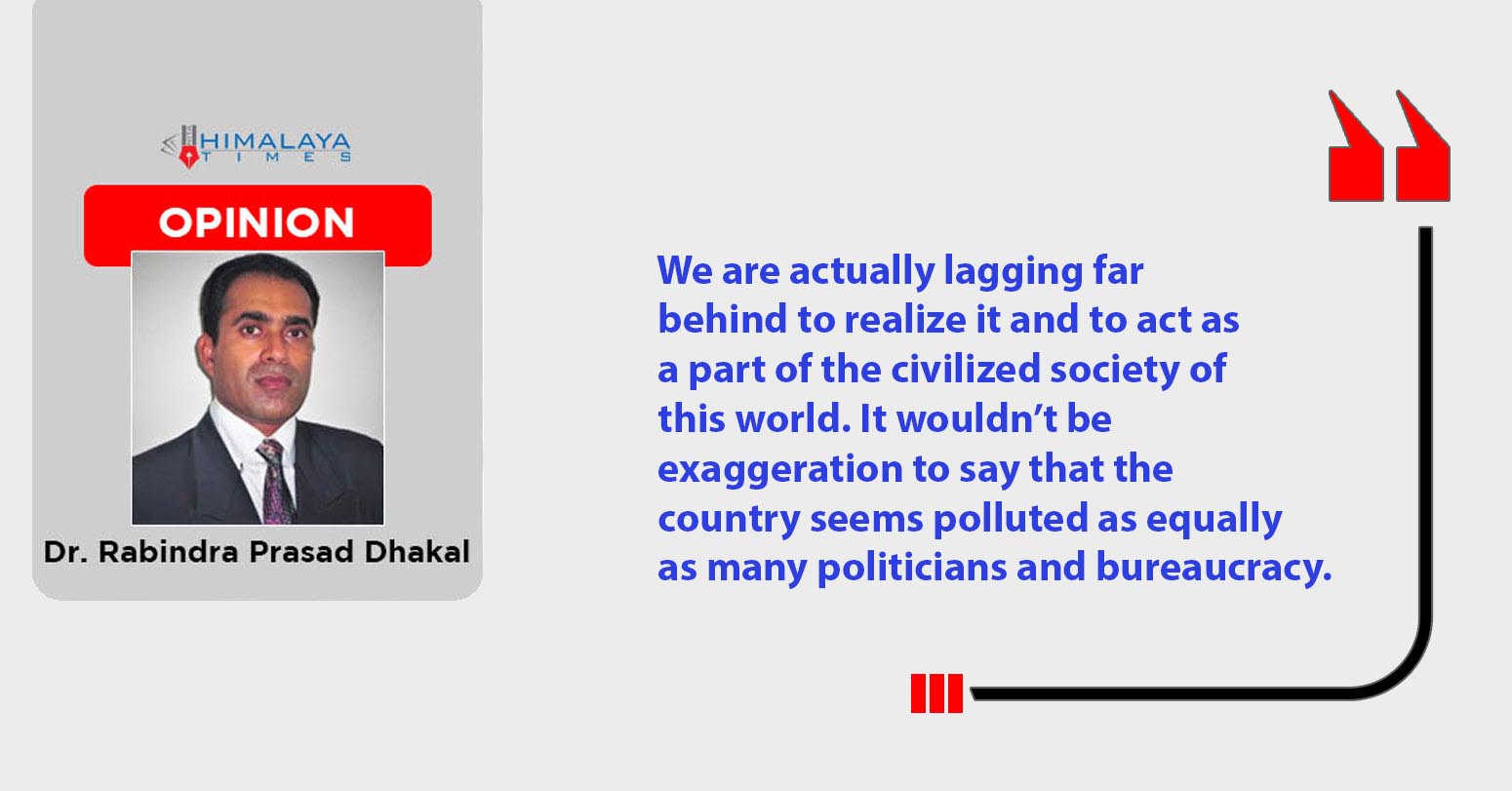

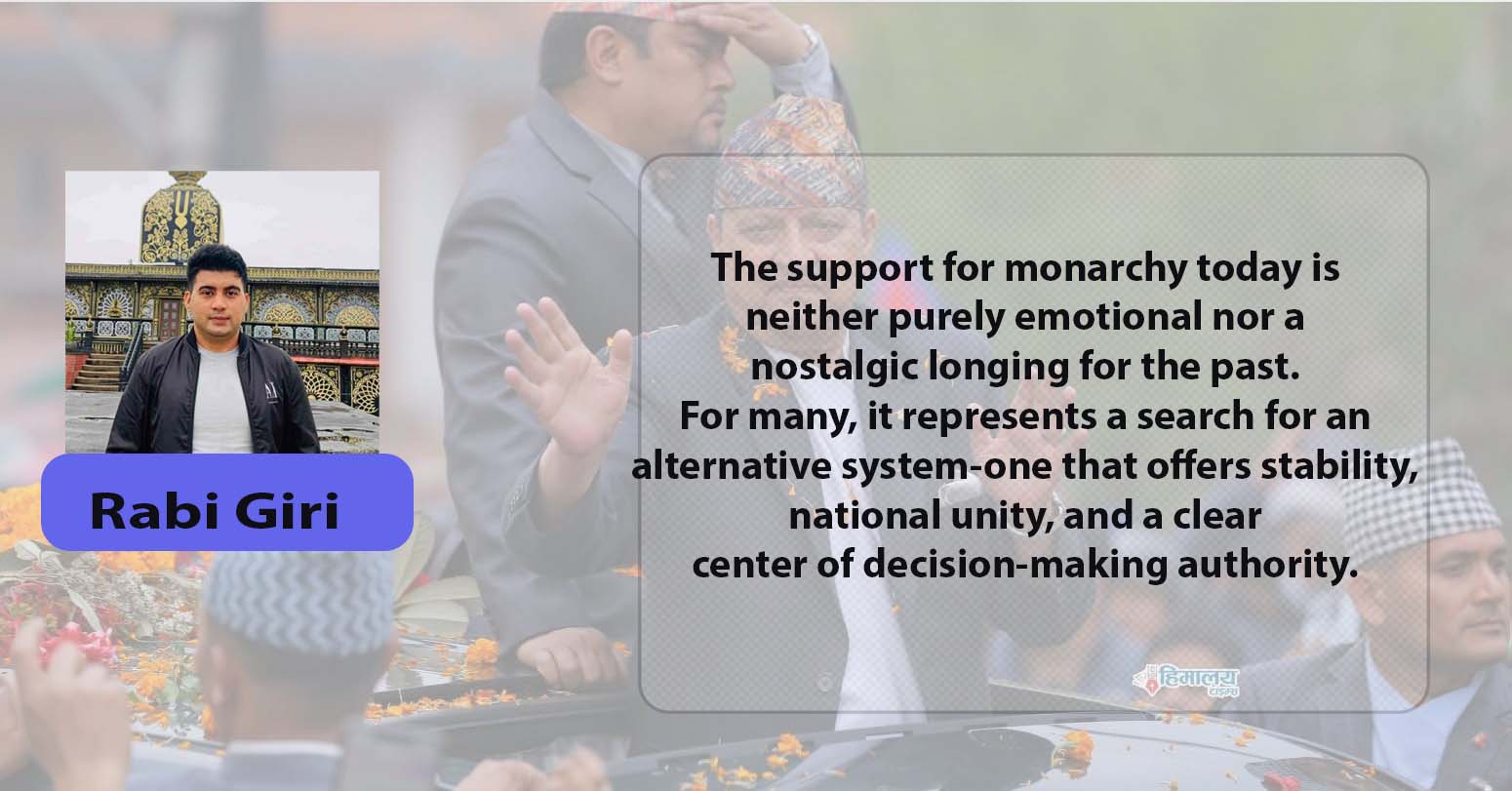


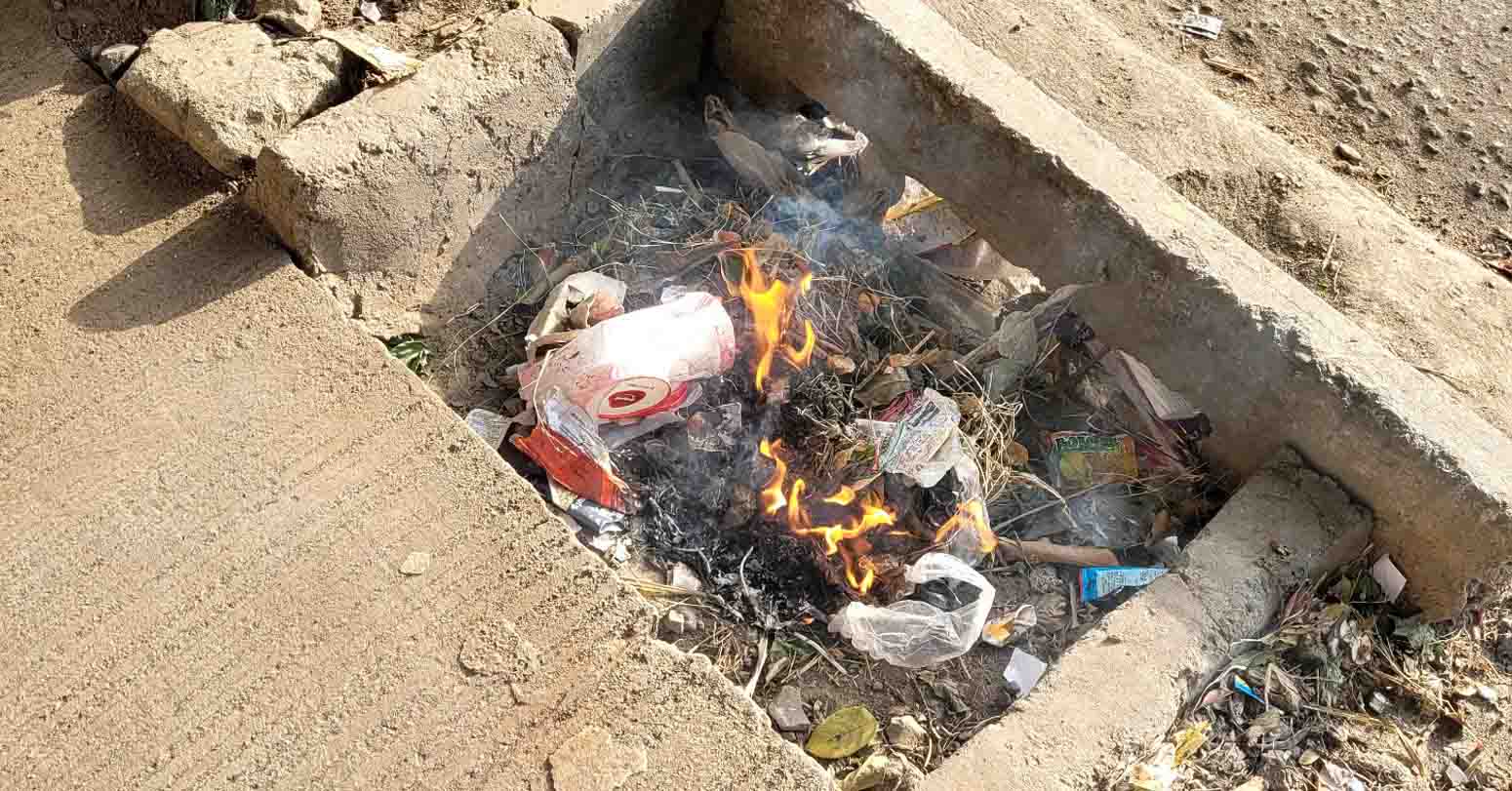
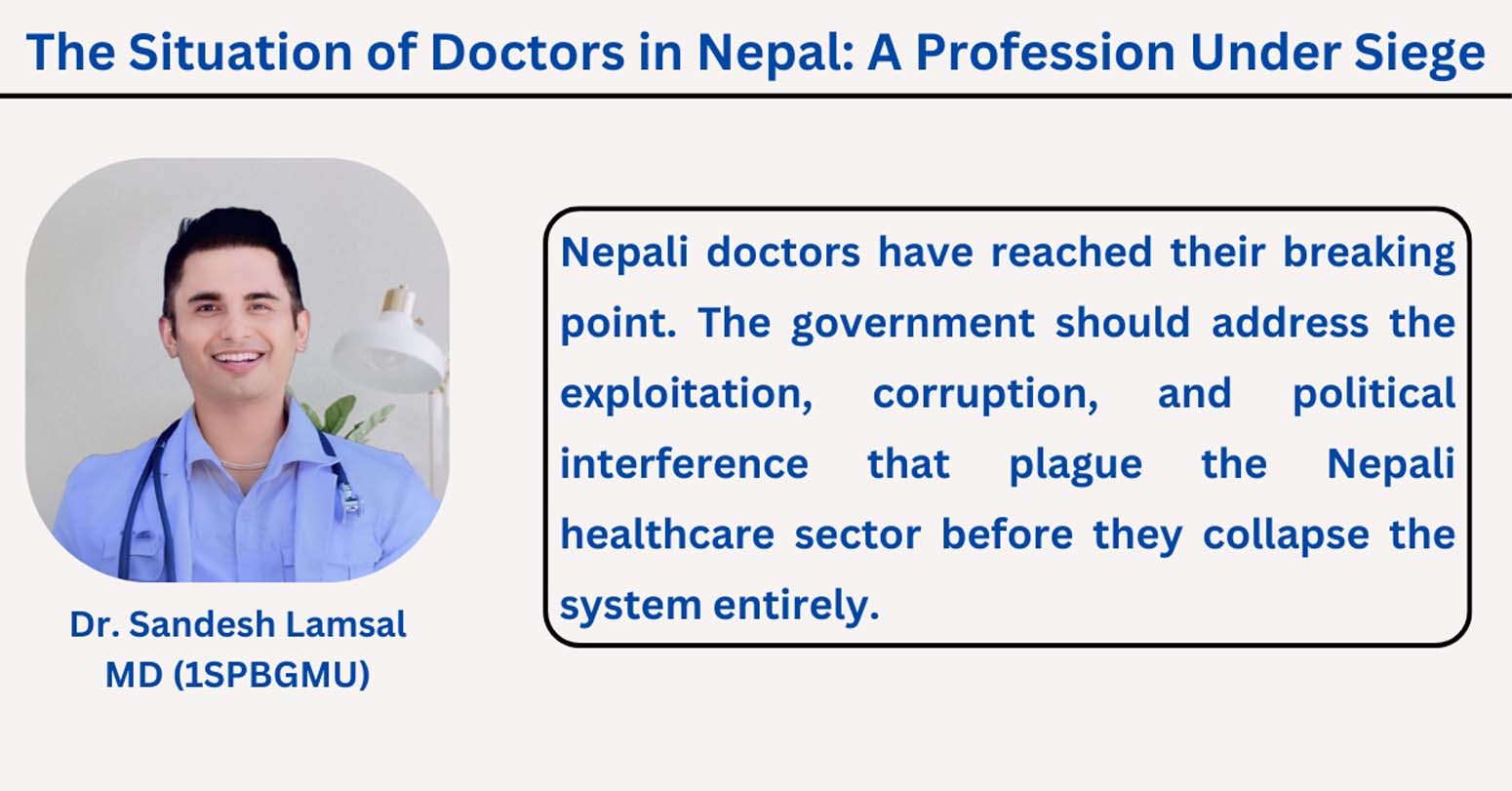

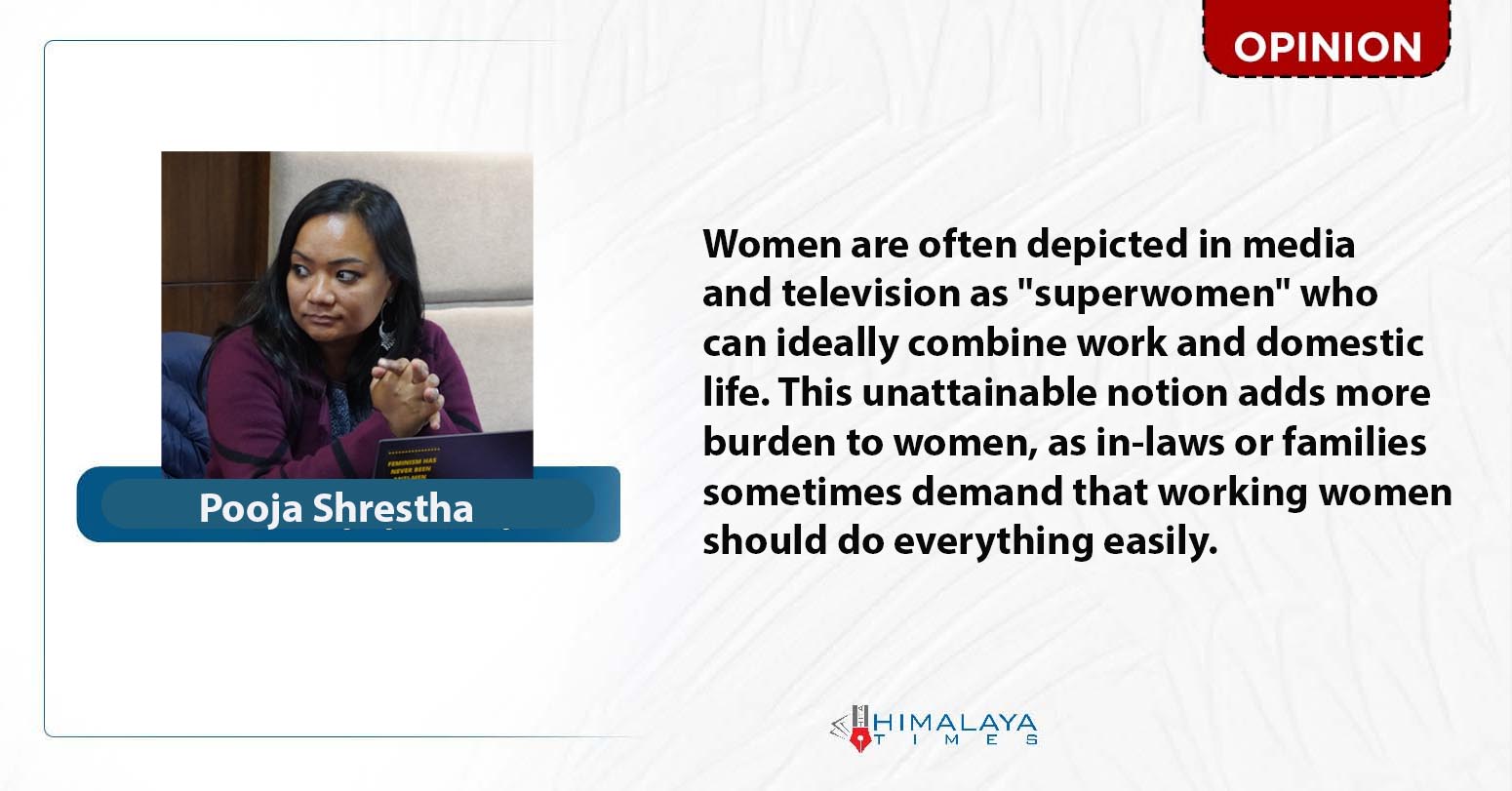




Middle-aged man spends millions to
Dr. Dharam Raj Upadhyay: Man
Breathing The Unbreathable Air
Comprehensive Data Protection Law Critically
Gender Differences In Mental Healthcare
Erosion of Democracy